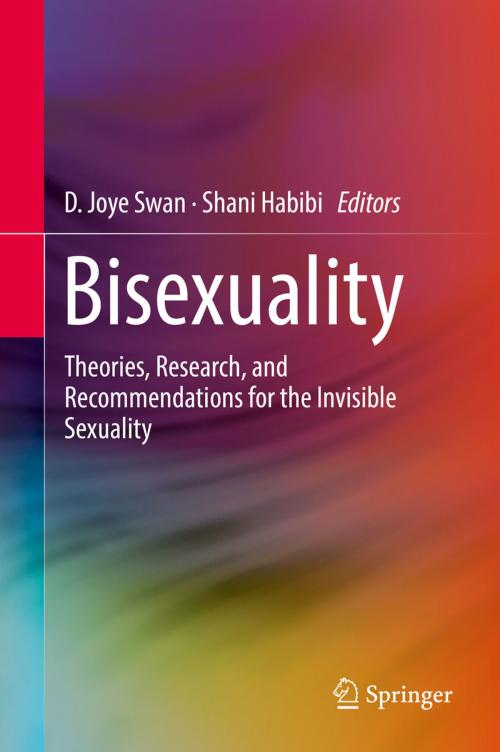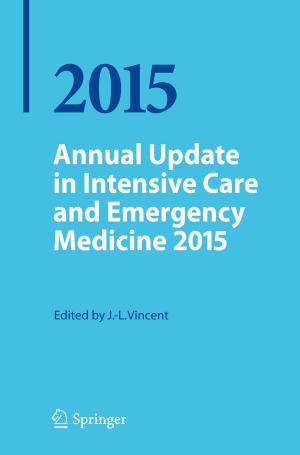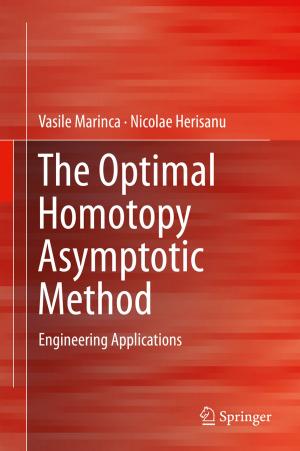Bisexuality
Theories, Research, and Recommendations for the Invisible Sexuality
Nonfiction, Health & Well Being, Psychology, Personality, Social & Cultural Studies, Social Science, Gender Studies| Author: | ISBN: | 9783319715353 | |
| Publisher: | Springer International Publishing | Publication: | March 7, 2018 |
| Imprint: | Springer | Language: | English |
| Author: | |
| ISBN: | 9783319715353 |
| Publisher: | Springer International Publishing |
| Publication: | March 7, 2018 |
| Imprint: | Springer |
| Language: | English |
This pathbreaking volume brings together a diverse body of sexual, behavioral, and social science research on bisexuality. Arguing for a clear, evidence-based definition of bisexuality and standardized measures for assessing sexual orientation, it spotlights challenges that need to be addressed toward attaining these goals.
The book’s deep trove of findings illuminates the experiences of bisexual men and women in key aspects of life, as well as common mental health issues in the face of stigma, prejudice, and outright denial from the heterosexual and homosexual communities.
Throughout, contributors examine the paradoxical invisibility of bisexuality even as society and science have become more inclusive of lesbians and gay men, and emphasize the critical role of thoughtful, respectful support across societal and mental health domains.
Among the topics covered:
-
Defining bisexuality: challenges and importance of and toward a unifying definition.
-
Plurisexual identity labels and the marking of bisexual desire.
-
Binegativity: attitudes toward and stereotypes about bisexuals.
-
Female bisexuality: identity, fluidity, and cultural expectations.
-
Romantic and sexual relationship experiences among bisexual individuals.
Bisexuality is a substantial reference for psychologists, scholars and graduate students in LGBTQIA+ studies, and clinicians seeking both theoretical and applied perspectives on the research into bisexuality. It also offers instructors a supplemental research-based textbook option for teaching courses related to sexuality and bisexuality.
This pathbreaking volume brings together a diverse body of sexual, behavioral, and social science research on bisexuality. Arguing for a clear, evidence-based definition of bisexuality and standardized measures for assessing sexual orientation, it spotlights challenges that need to be addressed toward attaining these goals.
The book’s deep trove of findings illuminates the experiences of bisexual men and women in key aspects of life, as well as common mental health issues in the face of stigma, prejudice, and outright denial from the heterosexual and homosexual communities.
Throughout, contributors examine the paradoxical invisibility of bisexuality even as society and science have become more inclusive of lesbians and gay men, and emphasize the critical role of thoughtful, respectful support across societal and mental health domains.
Among the topics covered:
-
Defining bisexuality: challenges and importance of and toward a unifying definition.
-
Plurisexual identity labels and the marking of bisexual desire.
-
Binegativity: attitudes toward and stereotypes about bisexuals.
-
Female bisexuality: identity, fluidity, and cultural expectations.
-
Romantic and sexual relationship experiences among bisexual individuals.
Bisexuality is a substantial reference for psychologists, scholars and graduate students in LGBTQIA+ studies, and clinicians seeking both theoretical and applied perspectives on the research into bisexuality. It also offers instructors a supplemental research-based textbook option for teaching courses related to sexuality and bisexuality.















